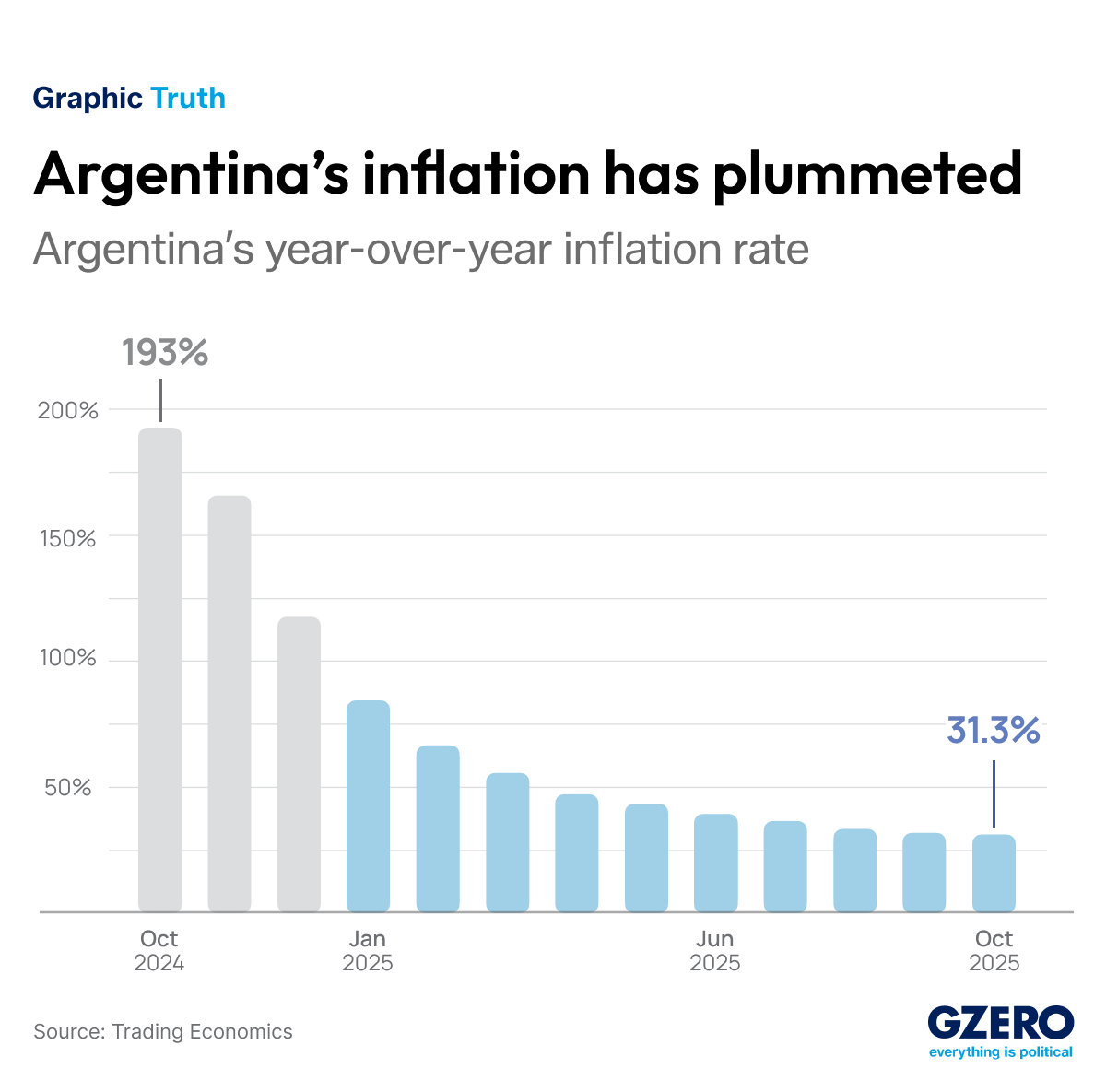40:
Later this month, Greece will exit its third and final bailout and can again borrow money from markets. Yet, unemployment remains at 20 percent. Among young people, it’s 40 percent.
56:A monthly poll of public attitudes in 28 countries found that 56 percent of respondents felt their countries were on the wrong track, with unemployment and poverty/inequality topping the list of complaints. Brazil and Peru scored the worst of the 28 nations surveyed, while citizens of China and Saudi Arabia had the most confidence in the direction their countries were headed.1,100:
After the return of sanctions against Iran this week, the list of people and companies sanctioned by the US governmentruns more than 1,100 pages. That’s a lot of Iranians, Turks, Russians, Venezuelans, terrorists and other assorted persona non grata that US companies can no longer do business with.
2.6 million:
Some 2.6 million Syrian civilians could soon be in the firing line as President Bashar al-Assad’s troops close in on the last major remaining rebel stronghold of Idlib, near the country’s Turkish border. The country’s six-year civil war has displaced roughly 12 million people, with half of them seeking shelter overseas.
9 billion:
China spent over $9 billion on public security in Xinjiang province last year, up more than 10-fold since ethnic riots erupted across the sprawling, predominantly Muslim region, leaving hundreds dead. That’s eight times the growth rate of China’s total public security budget.
